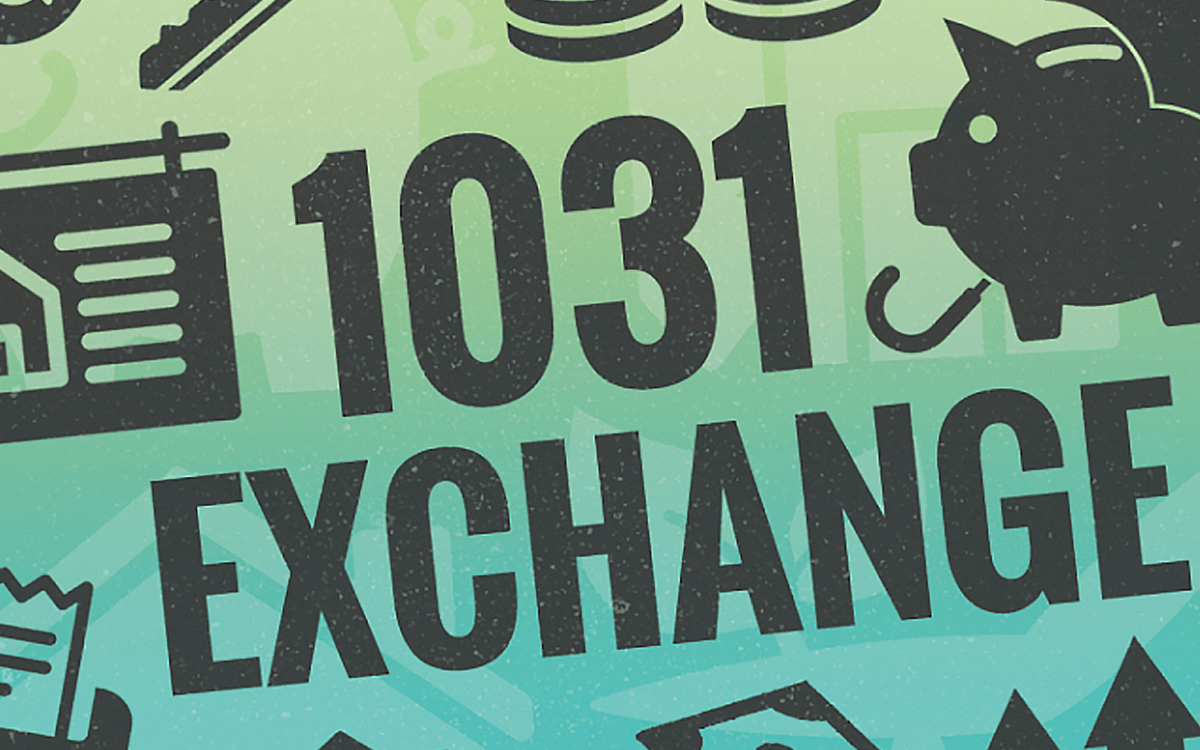In our previous blogs, you will find the summary of the important features of a 1031 exchange—concepts, rules, and benefits you should be aware of if you’re considering doing a section 1031 transaction.
Let’s examine why a 1031 exchange can be a good tax deferral technique for your next real estate transaction and why some of the most successful investors can add it to their plans in 2023.
Key Takeaways
- A 1031 exchange can be used by investors and tax payers to defer the capital gains taxes and depreciation recapture.
- However, to proceed, one must meet all the 1031 exchange rules.
- Investors must find the right replacement properties and identify them within 45 days of selling an investment property.
- Moreover, they must also close on either one or more of the identified replacement properties within 180 days of selling an investment property.
What You Should Understand About 1031 Exchanges
The term “1031 Exchange” is derived from Internal Revenue Code Section 1031. It allows you to defer capital gains tax and depreciation recapture by reinvesting the proceeds of the sale of investment property in replacement property, maintaining significant wealth in your estate. Your 1031 exchange deferrals can be carried forward for as many exchanges as you like. However, if you sell the property without reinvesting in another, you will be taxed on the capital gains and depreciation recapture taxes.
A 1031 tax-deferred exchange can be a great asset-building instrument. However, we strongly advise you to speak with a professional tax advisor to ensure that you meet all of the requirements of Internal Revenue Code Section 1031. Failure to comply with requirements can result in immediate tax liabilities and penalties. In addition, you must strictly adhere to the strict timeline and procedural requirements for proper 1031 exchanges.
Requirements under Section 1031
To maximize the investment benefits and avoid hefty penalties, strictly adhere to the rules for 1031 exchanges.
A Qualified Intermediary (QI), the expert who executes the trade, must facilitate the procedure. QIs hold the proceeds after selling the property until they are reinvested in the new replacement property. To avoid “constructive receipt” of funds during the exchange period, you and the QI must enter into a written “exchange agreement.” The QI must perform a legal 1031 exchange to verify that all roles are followed, and equity is preserved throughout the transaction. Using a QI as an impartial third party to conduct a tax-deferred exchange is a safe harbor established by Treasury Regulations, and you must pick a QI before closing on the sale of your property. We can collaborate with any authorized QI of your choosing, or we can recommend one fully bonded with a national reputation.
The properties concerned must be “like kind.” This condition is broadly defined, and nearly all real estate properties, whether raw land or heavily improved, qualify as like-kind. On the other hand, REITs, real estate funds, and other instruments do not qualify for a 1031 exchange.
The following are examples of like-kind properties:
- Multi-Family Rentals
- Raw Land
- Rentals for Single-Family Homes
- Retail Shopping Centers
- Office Buildings
- Industrial Establishments
- Facilities for storing items



